This section is for paid subscribers only. Our subscription is only $3700/- for one full year.
You get unlimited access to all paid section and features on the website with this subscription.
Subscribe to read full article
This section is for paid subscribers only. Our subscription is only $37/- for one full year.
You get unlimited access to all paid section and features on the website with this subscription.
Not ready for a full subscription?
You can access this article for $2, and have it saved to your account for one year.
- Release Date1984
- GenreDrama
- FormatColour
- LanguageHindi
- Run Time116 min
- Length3848.31 meters
- Number of Reels14
- Gauge35mm
- Censor RatingUA
- Censor Certificate Number305
- Certificate Date21/05/1984
The radiance of the setting sun glows over a rugged landscape, somewhere in Bihar. Suddenly, the silence of the idyllic twilight is shattered by the roar of a motorbike and two jeeps as they speed past the highway. With the darkness approaching the village Koiri the vehicles come to a stop. The glare of their headlights flash upon a group of Harijan young men of the village. At once, the group disbands and all runs for their lives. The night is pierced by gunshots and panic-stricken screams of the innocent villagers. The landlord’s ruffians and henchemen partake in a ruthless orgy of violence to avenge the murder of Hari Singh, the arrogant young brother of the landlord. Naurangia and Rama a young Harijan couple of the village are forced by their old parents to escape from the village. Under the cover of darkness they flee from the village. The massacre continues. The ruffians kill Naurangia’s father and burn down their hut.
That night the couple comes to take shelter at the village school teacher’s house. The widow of the teacher coming to know of the incident, advises them to leave the place immediately, fearing that the ruffians may also raid her house. She gives them some money, a letter and an address from where they might get some help.
Next morning, the Superintendent of Police, the District Magistrate, government officials, pressmen along with the police force visit the devastated village. Ramnaresh, the village chief, takes them to the scenes of carnage and relates the incidents leading to the massacre. A series of interview with Ramnaresh by two journalists, reveal the source of the trouble and the identity of the marauders. According to Ramnaresh, the villagers who tilled the land of the local landlord, Bhola Singh, had demanded the minimum wages as fixed by the government and that it was refused to them by the landlord. The villagers then organized a movement led by their enlightened village school teacher, who championed the rights of the Harijans and in consequence was treacherously killed by Hari Singh. In retaliation, a group of village young men murdered Hari Singh. Thus Bhola Singh avenged the death of his brother by pillaging the village.
In the meanwhile, Rama and Naurangia travel through the night to reach Jhanjha, a district town in Bihar. With the letter, they go to the address of Prakashjee, the late schoolmaster’s friend, who advises them to go to Calcutta. He gives them a contact in a jute mill somewhere in the industrial suburbs of the city. The couple board a train to Calcutta and while travelling they encounter Chamku, a lumpen who befriends them. On their arrival at Calcutta, Chamku takes them around the unknown city and shows them the places of interest. After a bried stay and with their money almost exhausted, the couple find their way to the jute mill neighbourhood of Naihati in search of their contact man. With great difficulty, they locate the house of the person only to be told that he had gone back to his native village. All their hopes are now shattered and with practically no money left, they hover on the brink of starvation.
Thereafter, Naurangia goes from place to place looking for work, but returns empty-handed. Rama suffers with him and fears for the child in her womb. One evening Mohania, a scavenger, promises them a day’s work provided he gets a commission from their earnings. Naurangia accepts the job and Mohania tells them to wait for him on the bank of the river Ganges. The following day, the couple wait for hours till Mohania appears with a couple of men and a herd of swines. The astonished couple is told to swim across the river with the herd and deliver them safely on to the other bank. In deperation, Naurangia agrees, for it will fetch him money to go back to their village. Rama pregnant, is scared and refuses to take up the job. But Naurangia tells her that there is no other way for them to survive and therefore compels her to take up the job.
In a gripping climatic sequence, Rama follows her husband into the river with the herd of squealing pigs, the turbulent water swirls, while man and beast struggle desperately to reach the other shore. Towards midday, they reach a sand bank. Rama exhausted, cannot carry on any further. Naurangia pulls her up and tells her that there is no way to back out; they have to cross the river. Once again, they start crossing the wide river. At sundown, they achieve the crossing and hope for their deliverance. The owner of the swines pays the, and with kindness offers them a shack for the night. As the night falls, lashing rain whips against their temporary shack, Rama and Naurangia hungrily share a meal. Having eaten, they lie close together and seek the warmth of each other’s body. Suddenly Rama begins to weep for she cannot feel the baby moving inside her. Naurangia puts his ear to her belly and tries to listen to the heartbeats of the child in the womb. He cannot hear anything as the sounds of thunder, running train, wailing siren of the jute mill, squealing pigs mingle into one another and drum in his ears. As the cacophony of sounds subside, he hears the faint heartbeats. Ecstatic with joy, they embrace and lie in each other’s arms until exhaustion and weariness take them into the depths of slumber. . . . . . . . . . . . . . .
(From the official press booklet)
Cast
-
Shabana Azmi
Rama -
Naseeruddin Shah
Naurangia -
Utpal Dutt
Bhola Singh -
Mohan Agashe
Hari Singh -
Anil Chattopadhyay
Schoolmaster -
Om Puri
Ramnaresh -
Kamu Mukherjee
Headman -
Sunil Mukherjee
Chamku
Crew
-
BannerOrchid Films Pvt. Ltd.
-
Director
-
Producer
-
Music Director
-
Story Writer
-
Screenplay
-
Dialogues
-
Cinematography
-
Editing
-
Sound Recording/ Audiography
-
Art Director/Production Design
-
Costumes
-
Make-up




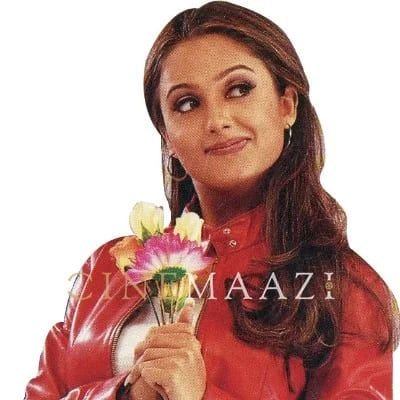
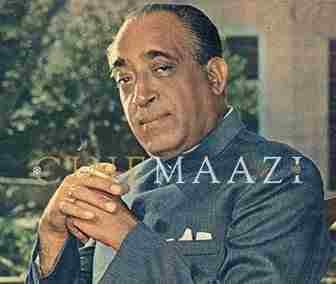
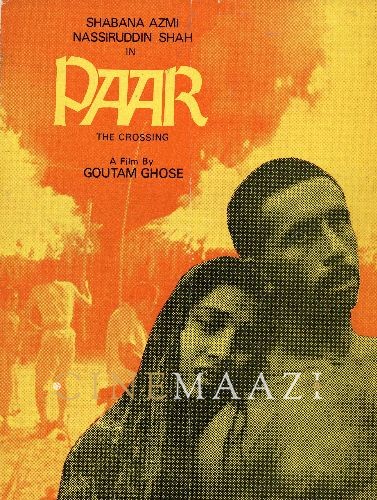
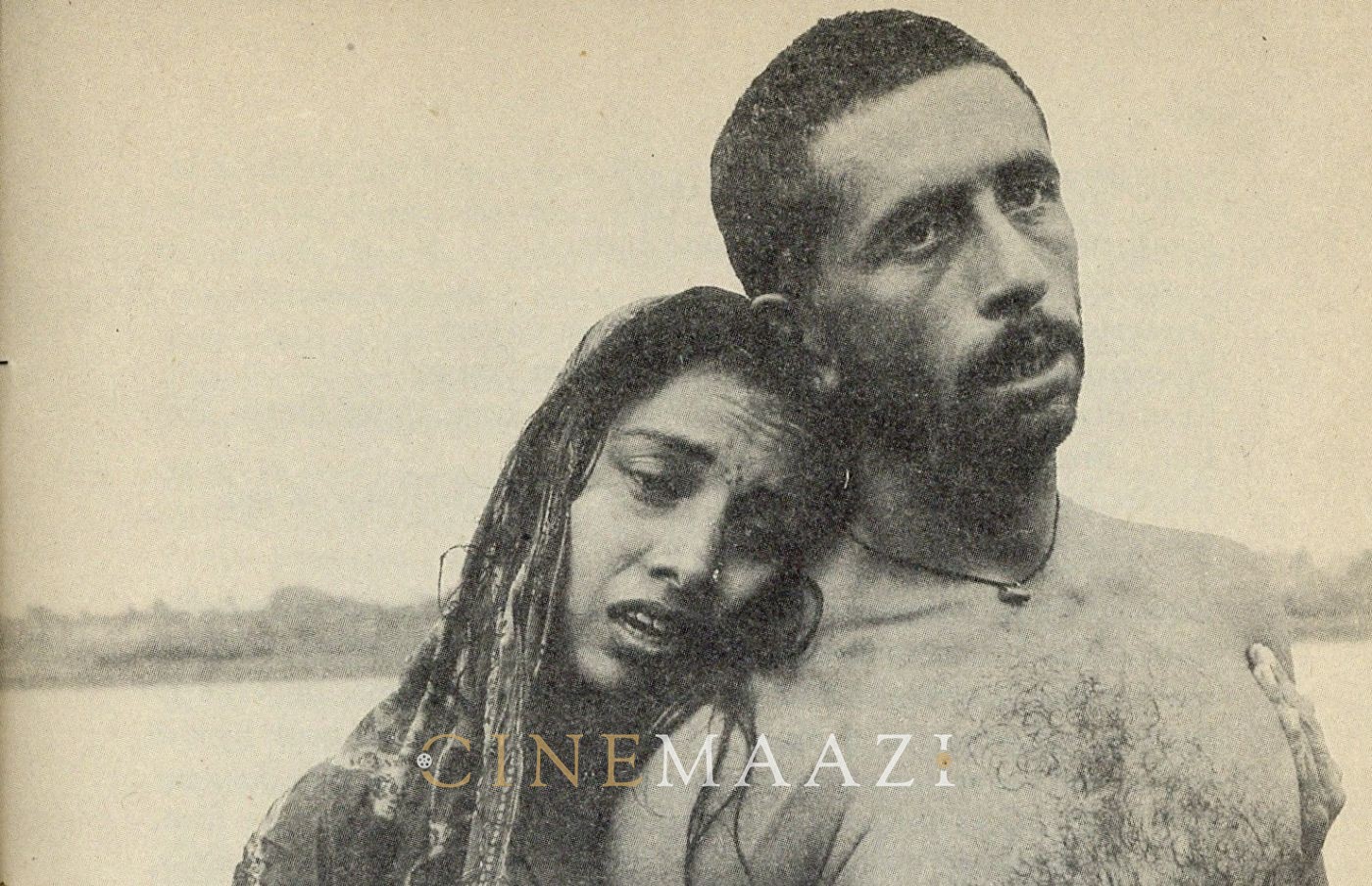
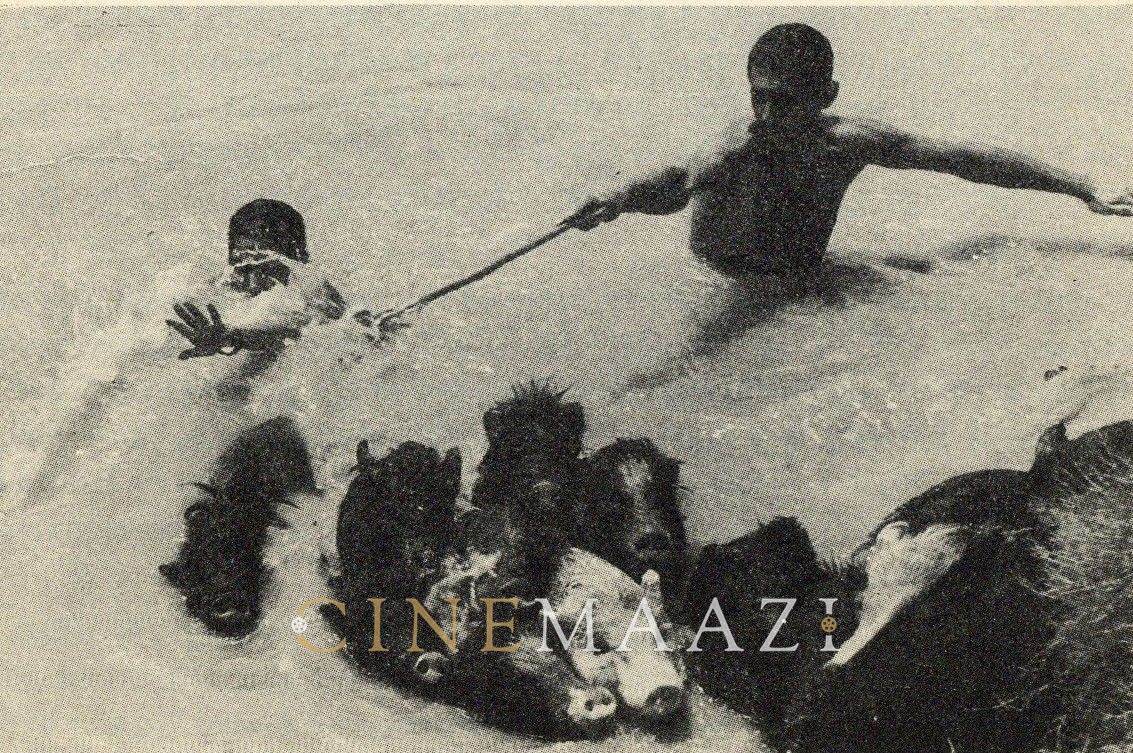

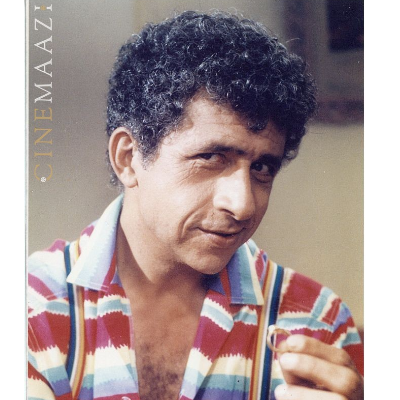
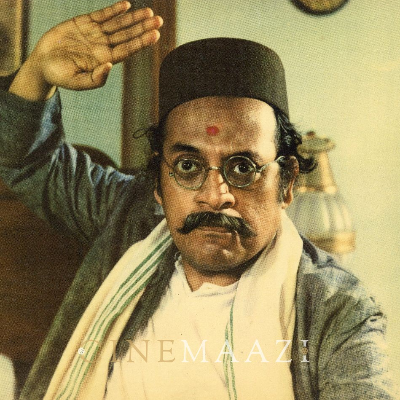
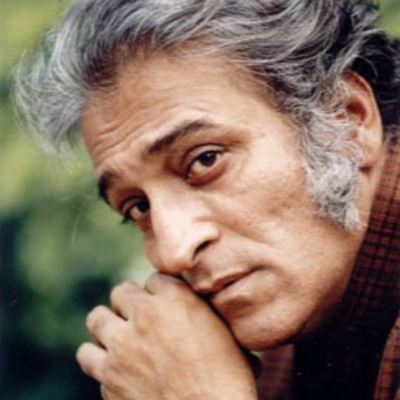
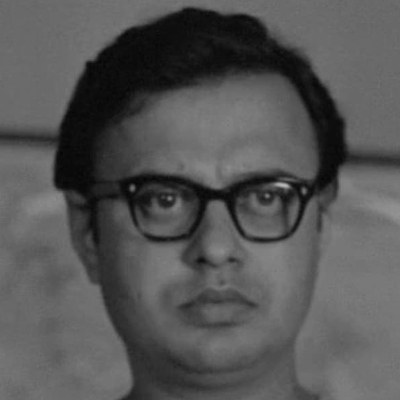
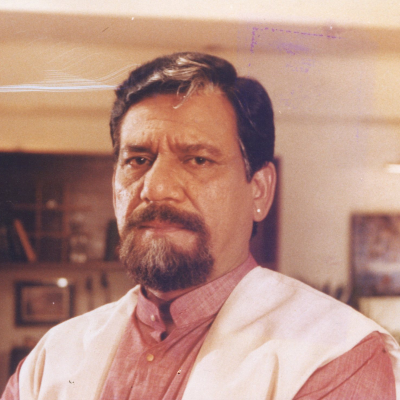


.jpg)



